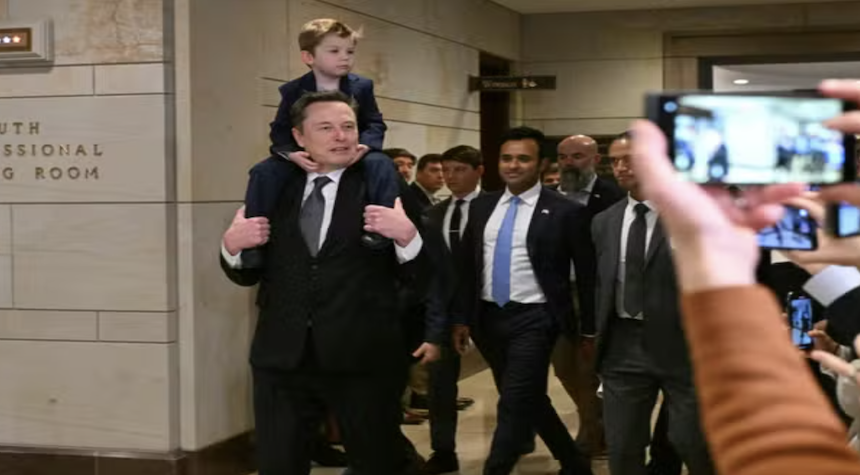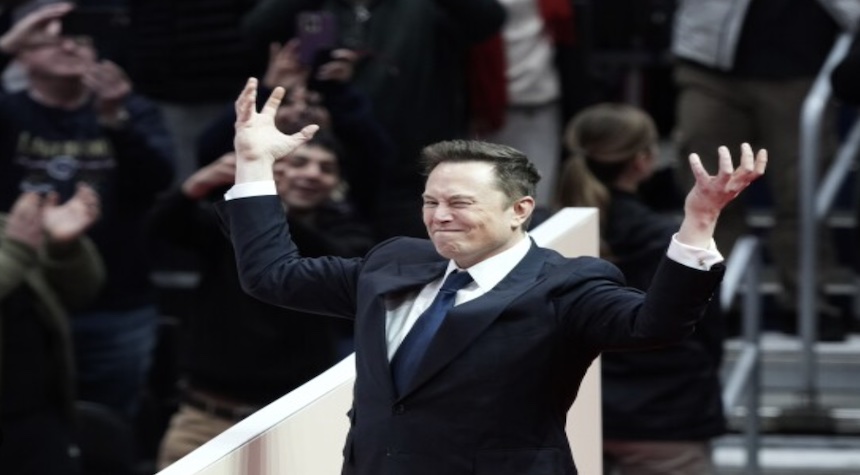Elon Musk, the billionaire CEO of Tesla and SpaceX, has renewed his calls for a new political party, criticizing what he perceives as excessive government spending. This development comes amid a growing rift between Musk and former President Donald Trump, a relationship that was once notably cooperative.
Musk has taken to the social media platform X to express his dissatisfaction with a recent tax-cut and spending bill, describing it as “utterly insane and destructive.” The tech magnate went further, vowing to campaign against lawmakers who supported the bill after previously advocating for reduced government expenditure.

Musk’s criticism has not gone unnoticed by the former president. Trump has suggested that his efficiency department, DOGE, should investigate the subsidies received by Musk’s companies. This proposal raises important questions about the relationship between government support and private enterprise in the technology and space sectors.
The significance becomes clear when we consider the potential economic impact. Reports indicate that Tesla’s stock has experienced significant volatility in the wake of this public disagreement, with approximately $150 billion in market value temporarily erased before a subsequent recovery.

Political analysts suggest that this rift could have consequences for the Republican Party’s prospects in the 2026 midterm elections. The evidence suggests that Musk’s influence, both financial and in terms of public opinion, is a factor that political strategists are taking seriously.
Supporters of the spending bill argue for its necessity in current economic conditions, while critics, including Musk, express concern over long-term debt implications. The facts, as we now know them, indicate a complex situation with potential ramifications for fiscal policy, private sector innovation, and political alignments.

